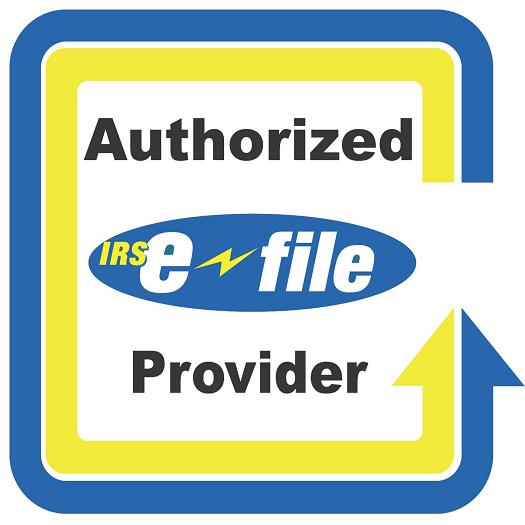Why You Must Separate Personal and Business Finances: A Game-Changer for Entrepreneurs
Are you a small business owner still mixing personal and business finances? It’s time to rethink that strategy! This often-overlooked financial practice is crucial for your success. By establishing separate bank accounts and credit cards for your business transactions, you can simplify your bookkeeping, accurately track expenses, and achieve greater clarity in managing your finances.
The Risks of Mixing Finances
Blending personal and business funds can lead to a host of complications. From unclear financial visibility to potential tax headaches, the pitfalls are real. When you segregate these funds, you create a clear boundary between your personal assets and your business’s financial health. This separation not only simplifies record-keeping but also protects your personal assets from business-related liabilities or legal disputes.
Master Your Expense Tracking
When your finances are intertwined, tracking expenses becomes a daunting task. But with separate accounts, you can easily categorize transactions, identify deductible business expenses, and monitor cash flow with precision. This clarity is essential for informed decision-making and ensures you stay compliant with tax regulations.
Simplify Your Bookkeeping
Effective bookkeeping is the backbone of any successful business. Keeping personal and business finances distinct eliminates the headache of sorting through mixed transactions. With dedicated accounts, you can reconcile your finances quickly, generate accurate financial statements, and gain valuable insights into your business’s performance.
Elevate Your Financial Reporting
Accurate financial reporting is vital for assessing your business’s performance and making strategic decisions. By maintaining separate finances, you can produce comprehensive reports that truly reflect your business’s standing. This transparency builds trust with stakeholders and empowers you to analyze key metrics for improvement.
Navigate Tax Compliance with Ease
Combining personal and business funds can complicate your tax reporting and increase compliance risks. By keeping separate accounts, you can effortlessly distinguish between personal and business expenses, making tax preparation straightforward. This separation reduces the chances of IRS audits and helps you avoid penalties and fines.
Protect Your Personal Assets
While forming a business provides limited liability protection, that shield can falter if you mix your finances. Keeping personal and business funds separate safeguards your personal assets from potential claims or creditors pursuing your business.
Boost Your Credibility and Professionalism
Having distinct bank accounts and credit cards for business transactions signals professionalism and financial discipline. This practice not only instills confidence in clients and suppliers but also enhances your business’s credibility. Plus, it allows for accurate financial projections and opens doors to funding opportunities, propelling your business forward.
Conclusion: Take Control of Your Finances
Separating personal and business finances is not just a good practice—it’s essential for your success. Streamline your bookkeeping, track expenses accurately, and maintain clarity in your financial management. This approach enhances decision-making, mitigates tax compliance risks, and protects your personal assets.
If you need help organizing your accounts or are just starting out, don’t hesitate to reach out for assistance. Your financial future depends on it!
Continue Reading
fusion_global=”1322″]

